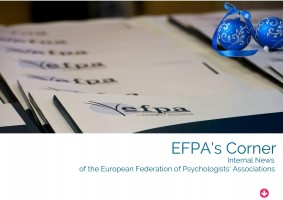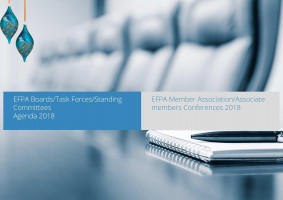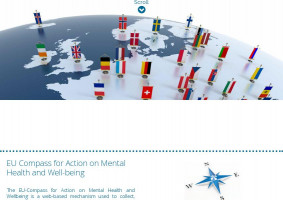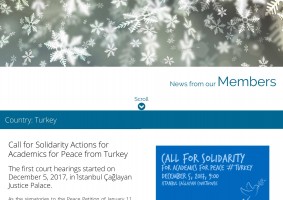Welcome to our December edition of the EFPA news magazine.
2017 has been a busy year for EFPA. We had a very successful European Congress of Psychology in Amsterdam in July with many thanks to our Dutch colleagues for a perfect organisation. The General Assembly after the congress agreed on a statement about psychologists practising psychotherapy and both European Semesters of Psychology in 2017 have been organised alternately by our Swiss and Czech colleagues. We reported about these events in earlier editions of the magazine.
We also noted that a lot of important developments are going on in the countries of our member associations, e.g. the preparation of a law for psychologists in Lithuania and the project of a law on the exercise of psychotherapy in Malta. EFPA follows this closely and will further inform you in the next edition.
From January to June 2018 the British Psychological Society is hosting the European Semester of Psychology. The semester is aimed at ‘... creating a common space to interact and communicate... and stimulating the ongoing development of a truly European identity among psychologists across Europe’. We are quoting from the Presidents’ letter of BPS President Nicola Gale in the January edition of ‘The Psychologist’.
All EFPA groups and their members are invited to visit and attend the many events that are organised in the UK during this 6 months period and we look forward to hearing from them and get their feedback.
Meanwhile we would like to thank you all warmly for your contributions to this magazine and extend our best wishes for the new year 2018.
Enjoy reading our latest edition!
news@efpa.eu.
The editorial board

Follow us
on Facebook
Volume 22, No. 4 is now avalable online
Highlights:
Wisdom and How to Cultivate It
Modeling Evolutionary Changes in Information Transfer
“Human Rights and Psychology”
Intimate Partner Violence and Help-Seeking
Assessing Test-Retest Reliability of Psychological Measures
Call for Papers:
“Human Rights and Psychology”
A Special Issue of European Psychologist
Human rights are of crucial importance to everyone in the world, psychologists included, and the recognition and protection of human rights has been a recurrent issue on the agenda of the European Federation of Psychologists’ Associations (EFPA).
In order to develop a Human Rights and Psychology policy, EFPA established a task force in 2013 and a permanent board 2 years later. The policy paper Psychology Matters in Human Rights – Human Rights Matter in Psychology was accepted by the General Assembly of EFPA in July 2015.
The primary purpose of the Human Rights and Psychology Board is to support EFPA and its member associations to do what is within their scope and capabilities to:
-
raise awareness of human rights and (risks of) human rights violations,
-
clarify and develop the mutual relevance of psychology and human rights,
-
promote human rights and prevent human rights violations,
-
alleviate the effects of human rights violations, and
-
ensure accountability and proper action for the promotion and protection of human rights.
The special issue Human Rights and Psychology is anchored within these ambitions and aims to outline contemporary thinking on the relationship between human rights and psychology, both in terms of academic and research fields and also in the areas of psychological practice and civil society activism. It will address the central role of psychology in protecting and promoting human rights.
We hope to present a special issue that challenges and inspires individual psychologists, work places, universities, and psychologists’ associations to develop a human-rights- based and -oriented practice and policy.
We are interested in theoretical or review papers that explore, discuss, and concretize the above aim and ambition, in particular papers that contribute to:
1) Develop our understanding of how the human rights
framework can inform psychology as a discipline and
practice.
2) Provide examples of how psychology, as an academic
discipline, profession, and professional associations
can contribute to the human rights agenda.
3) Raise awareness of historical and ongoing human rights violations in the name of psychology and also of the positive initiatives psychologists have taken.
4) Explore the relationship between ethics and human rights in psychology and to provide direction for future integration.
5) Describe how human rights education and awareness
can be integrated in the professional training of psychologists.
Cross-cutting topics are: psychologists’ social responsibility and social inclusion/exclusion.
Deadline for submission of full papers is: April 30, 2018.
The journal seeks to maintain a short turnaround time, with the final version of the accepted papers being due by October 30, 2018.
Click for more information & contact details:
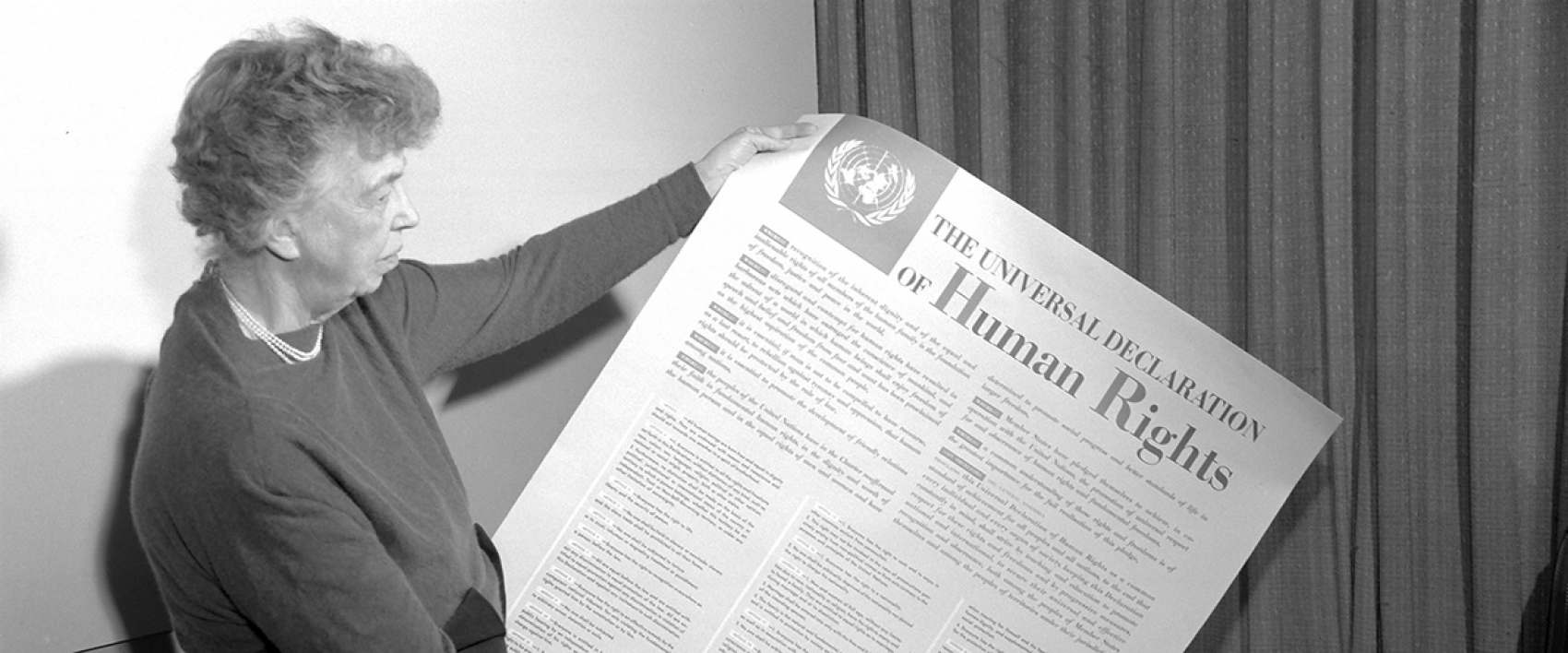

Do you wish to reach out with us to raise awareness on Human Rights and psychology?
Get in touch with the EFPA Board Human Rights and Psychology and share your ideas or share this message in your network:
EFPA website
Facebook
In 1948, the United Nations General Assembly adopted the Universal Declaration of Human Rights. Today, EFPA calls upon all States and interested organizations to celebrate the 10th of December as Human Rights Day.
The Universal Declaration of Human Rights is a fundamental document for the promotion of wellbeing of mankind. Human Rights are inalienable and their observance is a precondition for individual health and development as well as for societies worthy of human beings.
Violations of Human Rights In sharp contrast to this widely acknowledged conviction are the documentations of Human Rights violations. Worldwide, psychologists warn about the fact that Human Rights violations can currently be observed in so many places in the world.
Psychologists can help to overcome or at least reduce the most severe consequences of Human rights violations. Therefore, EFPA, representing more than 300 000 psychologists from 37 European countries, makes a strong appeal, especially on those who are politically responsible, to avail Human Rights Day as an opportunity to raise awareness on Human Rights and their immense value for our common world society.
International symposium of crisis and disaster psychologists in Prague.
After an interval of three years, the symposium of the Standing Committee on Crisis, Disaster and Trauma Psychology EFPA was held once again at the Ministry of the Interior of the Czech Republic.
A Specialised Crisis, Disaster and Trauma Psychology Symposium, intended for experts in the field of disaster psychology from the Czech Republic and other countries, took place on 20 October 2017.
The event was attended by sixty-five experts, particularly psychologists and intervention workers from the Police, the Fire Rescue Services and the Czech Armed Forces, and also from non-profit organisations and health departments. Foreign guests from 17 countries attended.
Main topics of the symposium were: (1) crisis intervention systems and psychosocial aid in the rescue services; (2) dealing with the psychosocial impact on victims of the latest terrorist attacks in Europe and major natural disasters; (3) the psychological aspects of radicalisation and (4) especially vulnerable groups of people during disasters (including people with disabilities, survivors of the deceased and children).
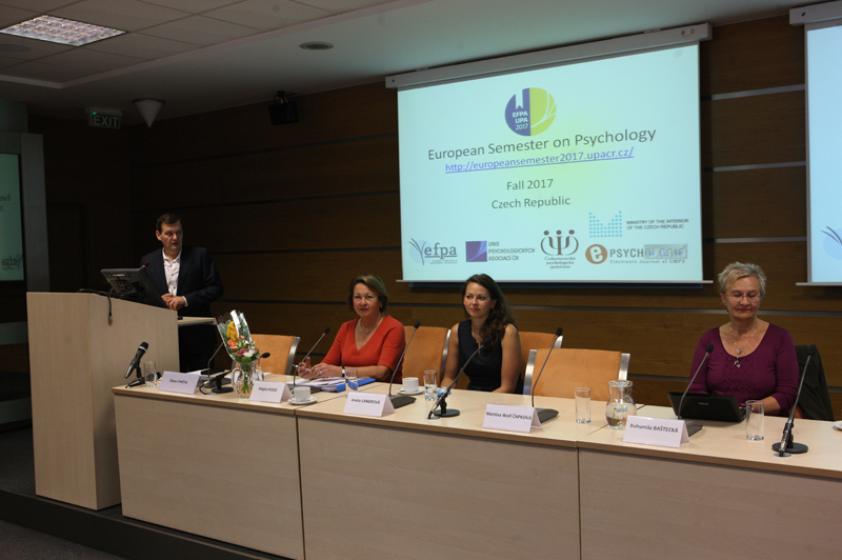
The symposium of the Standing Committee on Crisis, Disaster and Trauma Psychology EFPA was held at the Ministry of the Interior of the Czech Republic.
The event took place within the terms of the European psychological semester. The Ministry of the Interior of the Czech Republic hosted the event with the organisational support of the Union of Psychologists Association of the Czech Republic and work groups for crisis, disaster and trauma psychology of the Czech-Moravian Psychological Society.
Presidents’ Council Meeting, Prague
November 24 2017
Vice president of the Czech Union of Psychologists Veronika Polisenska welcomed the presidents in the prestigious rooms of the Academy of Science in Prague. Thirty Presidents and observers met in Prague and got a final report on, among others, the European Congress of Amsterdam in July, an update on the congress in Moscow in 2019, the state of affairs on EuroPsy and news on the activities of the EFPA working groups.
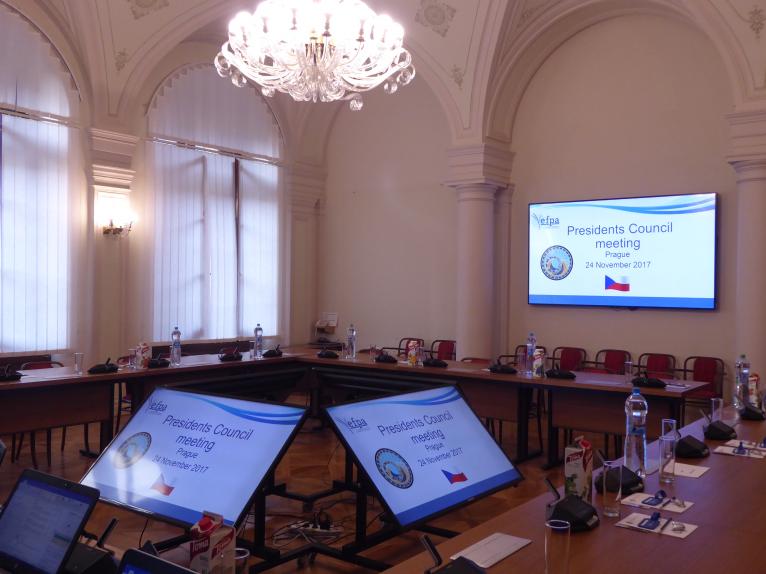
In her presentation ‘Psychology in the Czech Republic’ Veronika Polisenska informed about the history, psychology training and legal and professional situation of psychologists in the Czech Republic.
During the meeting, EFPA president Telmo Mourinho Baptista and the president of the Slovenian psychological association Marko Vrtovec signed the ECP 2021 agreement, confirming the decision of the General Assembly in July to accept the bid of the Slovenian member association to host the European Congress of Psychology in Ljubljana in July 2021.

_w498_h656_1.jpg)
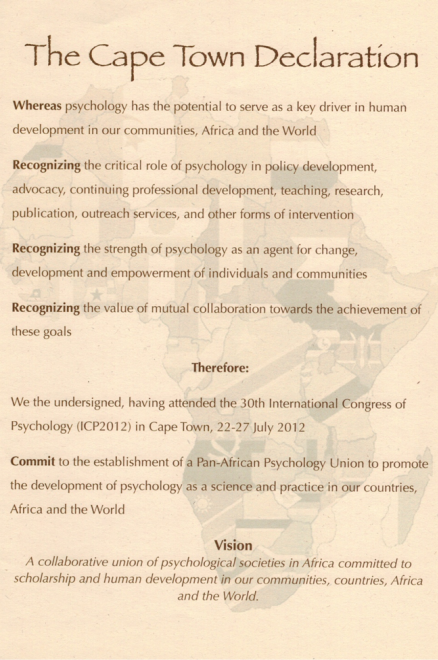
_w766_h688_1.jpg)
_w766_h596_1.jpg)
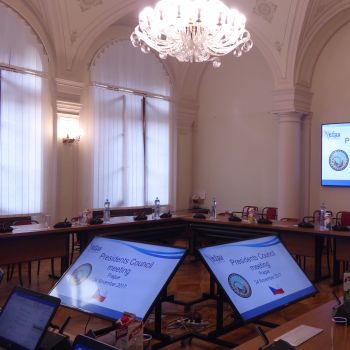
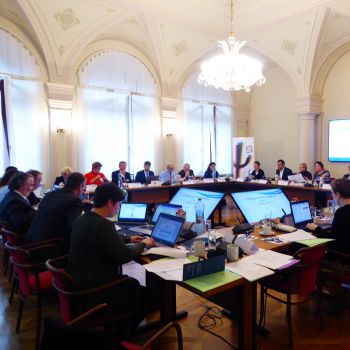
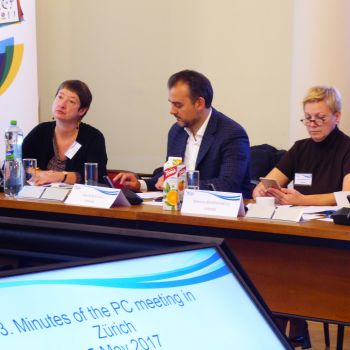
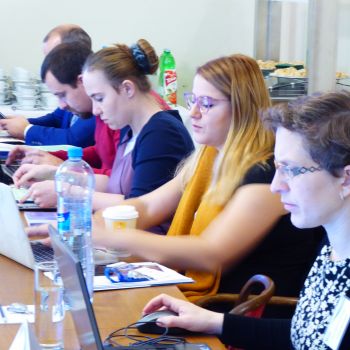
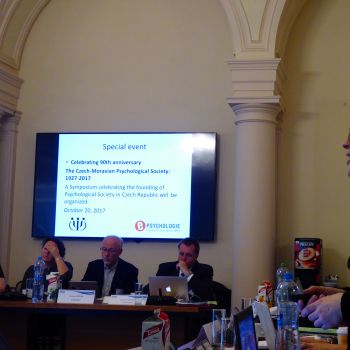

_w350_h350_1.jpg)
_w350_h350_1.jpg)

